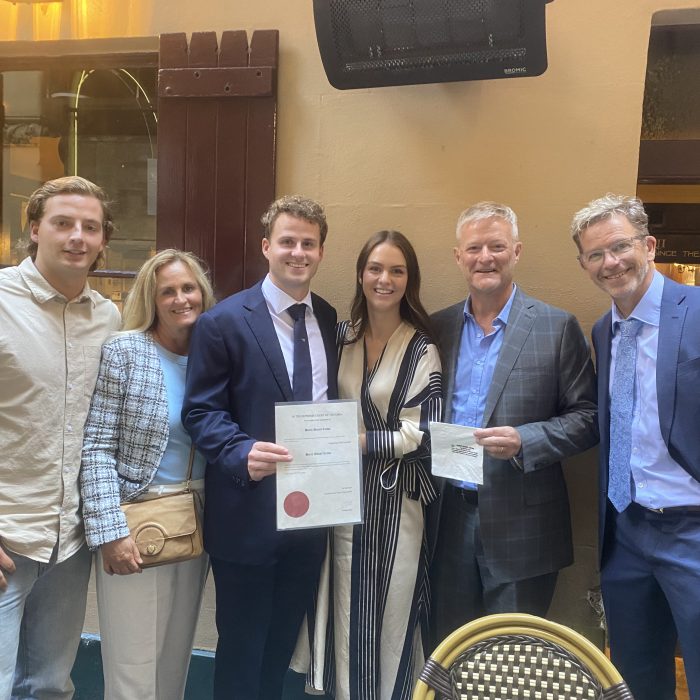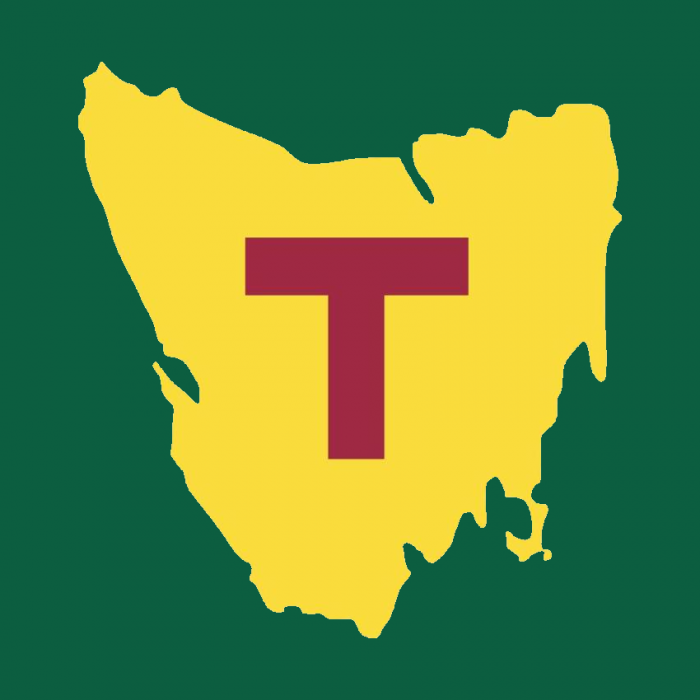Key takeaways
- It can be hard to be famous (cry emoji)
- Register your name/nickname/signature as a trade mark
- Be mindful of copyright – it has value
- Incorporate a company to own your IP
It’s hard being famous (from a tax perspective)
Are you famous or know someone who is (Instagram fame included)? Lucky you. You have achieved, or are adjacent to a person who has achieved, a special status which is almost universally coveted. All very exciting.
But when it comes to monetising that fame, things can take a bit of a turn. You’ll probably want to set up a company (which will typically have a lower tax rate compared with you as an individual). You’d license the use of your fame and image to that company, thereby potentially deriving a tax benefit. But Australian tax laws don’t like this. And see the ATO’s draft Taxation Determination TD 2022/D3 which is due to be finalised and sets out this position.
Why is the law so mean? It doesn’t seem fair. Plenty of other business concepts are able to take advantage of a corporatised structure, with its superior asset protection, recognised status and lower corporate tax rate: why not famous people? The short but boring (and likely contentious) answer is Personal Services Income or “PSI”. We won’t burden you with the ins-and-outs of PSI here, but keep it up your sleeve if you want to wow your accountant. “PSI”. Say it with conviction!
So what do you do? Read on, we have some ideas.
Recap of TD 2022/D3
If you’re famous, TD 2022/D3 (mentioned above) is important. Your accountant may have talked to you about it already. If they haven’t, they might be stuck in 2017 (that’s PCG 2017/D11) and you should probably do them a favour and let them know.
Back to TD 2022/D3. The ATO is saying that because fame and image are not proprietary rights, they can’t be licensed to a third party (including a company related to the famous person). This would mean all of the famous person’s business income would be taxed at their marginal tax rate. Bad!
There is a silver lining, though. TD 2022/D3 acknowledges that intellectual property rights are proprietary rights. These include trade marks and copyright. If you create proprietary rights, you can license those to a third party, including a related entity, and profits derived from that licensed use could be taxed at the lower corporate tax rate.
I’m lost. Help me out.
OK, let’s use an example.
You’re a famous sportsperson known lovingly as “The Rat”. You have a family trust which enters into arrangements with third parties to plaster your brand (including your nickname and signature) on sporting equipment, drink bottles and towels. The trust derives a fabulous profit from these activities.
The ATO has said that fame and image aren’t proprietary, which technically means that they can’t be licensed from you to your trust or from your trust to third parties. Eek.
But if you create proprietary rights around your brand, voila: you can license THOSE rights to your trust and your trust can license them on. Profits that the trust makes could be taxed at a more favourable rate than your individual tax rate.
Please give me some examples
Some of the clever celebs and sportspeople who are across the value of registering trade marks for their personal brand include:
- The OG celebrity chef, Jamie Oliver.
- Kylie Jenner, the youngest and possibly (we’ve lost track of the 000s) most financially successful Jenner/Kardashian.
- Tennis player, Ash Barty.
- Megan Kate Gale, from noughties supermodel fame.
- Former cricketer, Ricky Ponting.
- NBA player, Lebron James …
the list goes on, and on …
So, if you’re well-known, consider registering your name, signature or nickname as a trade mark. And don’t forget copyright: you can also effectively infuse some of the value of your fame and image into copyrighted material such as videos, product endorsements, sound recordings made or owned by you.
You’ll need a good IP lawyer to help guide you through the process of generating licensable IP rights.
Oh hi! Didn’t see you there.






